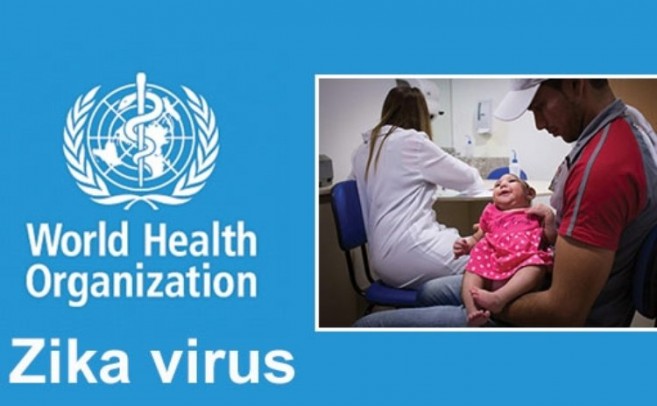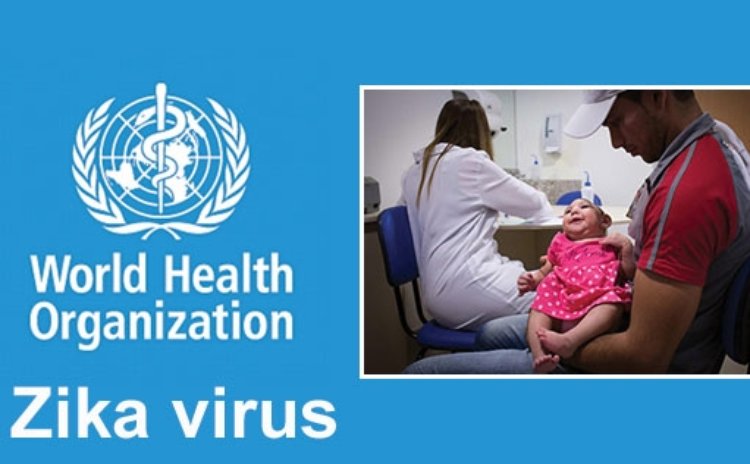On Friday, November 18th the World Health Organization (WHO) declared that the Zika virus outbreak and related ‘clusters of microcephaly’ no longer represent a Public Health Emergency of International Concern (PHEIC). “We are not downgrading the importance of Zika. By placing this as a long-term program of work, we are saying Zika is here to stay,” said Chairman of the Emergency Committee on Zika virus and Microcephaly Dr. David Heymann
The ‘emergency’ status was used when little was known about the Zika virus, and an urgent response was required from funders and researchers to learn more. However, WHO is now shifting to a longer-term approach in fighting the virus that has spread across Latin America, the Caribbean and other surrounding areas.
At a press briefing on Tuesday, November 22nd, Executive Director for WHO’s Health Emergencies Program, Peter Salama explained. “Now that we know that Zika causes brain damage in fetuses and newborns, and that it is spreading, we need a long term approach. It’s critical that we recognize that Zika virus will continue to spread. And we need to continue to be able to respond,” said Salama.
In the meantime, WHO will seek out long-term funding to make progress, and their fight against the virus will be referred to as a ‘medium-to-long term program of work’. “The pressing questions surrounding Zika will take years of research to answer. I hope that funding will start to come from other, more sustainable donors. In many ways, this is actually an acknowledgment that the program needs to escalate into a longer term program of work,” said Salama.
Another priority for WHO is to track down an effective vaccine, which would be used to protect women of childbearing age. There are currently around 30 potential candidates, but only a few have entered the earliest stages of clinical trials. “In all likelihood we are still a long way off from having a commercially viable Zika vaccine,” said Salama.
The Zika virus is transmitted by infected Aedes Aegypti mosquitoes, and symptoms of Zika include: mild fever, skin rash, conjunctivitis, muscle and joint pain, malaise or headache. However, Zika can greatly impact unborn babies of infected mothers. According to the WHO, there is a scientific consensus that the Zika virus is a cause of microcephaly and Guillain-Barré syndrome. Microcephaly is characterized by an abnormally small and underdeveloped head in newborns. Guillain-Barré syndrome is autoimmune disorder in which the immune system attacks healthy nerve cells in your peripheral nervous system.
Although steps have been taken towards curing Zika, the virus still remains a threat to the health of people around the world. WHO advises people to take prevention into their own hands, and wear mosquito repellent, wear clothes that cover the skin, and use protection during sexual intercourse. Pregnant women are still discouraged from traveling to areas that Zika is actively transmitted to avoid contracting the virus.

Share
Read more

